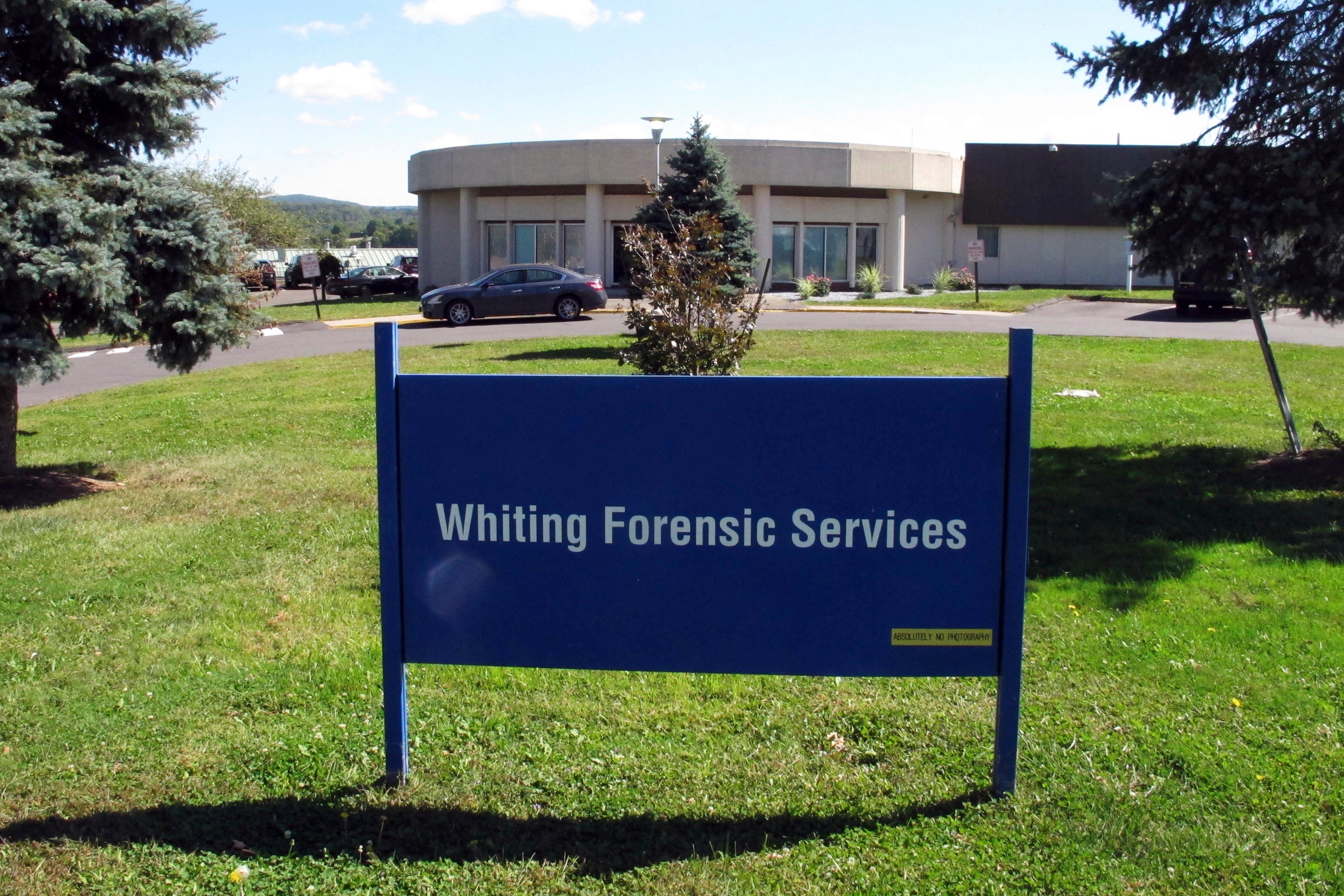Court rejects Connecticut officials' bid to keep secret a police report on hospital patient's death
The Connecticut Supreme Court says police reports about deaths and other incidents in public hospitals cannot be kept secret

Your support helps us to tell the story
From reproductive rights to climate change to Big Tech, The Independent is on the ground when the story is developing. Whether it's investigating the financials of Elon Musk's pro-Trump PAC or producing our latest documentary, 'The A Word', which shines a light on the American women fighting for reproductive rights, we know how important it is to parse out the facts from the messaging.
At such a critical moment in US history, we need reporters on the ground. Your donation allows us to keep sending journalists to speak to both sides of the story.
The Independent is trusted by Americans across the entire political spectrum. And unlike many other quality news outlets, we choose not to lock Americans out of our reporting and analysis with paywalls. We believe quality journalism should be available to everyone, paid for by those who can afford it.
Your support makes all the difference.Police reports about deaths and other incidents in public hospitals cannot be kept secret, the Connecticut Supreme Court ruled Tuesday, citing the importance of government transparency and the public's right to know what happened.
A majority of the justices rejected an attempt by state officials to prevent the release of a police report about a patient who reportedly choked to death on food in 2016 while being restrained by staff members at Connecticut's only maximum-security psychiatric hospital for the criminally insane.
State officials argued the report was confidential under the patient-psychiatrist privilege as well as under the federal medical privacy law, the Health Insurance Portability and Accountability Act, or HIPAA.
While the court majority acknowledged the harm that could result from publicly releasing a patient’s medical information, “we must also acknowledge the unfortunate and undeniable reality that governmental secrecy can be used to conceal governmental abuse, corruption, and neglect.”
Four justices joined the majority opinion, which ordered the release of the report with some patient information redacted. Chief Justice Richard Robinson, in a partial dissent, agreed the report should be released but believed more information should be made confidential. Two justices said the report should not be disclosed.
“The decision ensures that an untimely death which occurs when a patient is under the custody, control or care of a public institution will be investigated thoroughly and that the cause will not be shielded from public view,” said Colleen Murphy, executive director and general counsel of the state Freedom of Information Commission.
The state attorney general's office, which argued against releasing the report, said Tuesday afternoon that it was working on a response to the ruling.
The legal case was sparked by a request under state public records law for the police report by Hartford Courant reporter Josh Kovner in 2017. Kovner, who died in 2020, requested the report from the state Department of Mental Health and Addiction Services and the agency's police force.
The report is about the December 2016 death of a patient at the Whiting Forensic Hospital in Middletown, which is overseen by the Department of Mental Health and Addiction Services, or DMHAS. The hospital treats people acquitted of crimes by reason of insanity as well as other patients.
In the months after the patient's death, Whiting Forensic would become ensnared in a scandal involving another patient who was abused numerous times by staff. The abuse led to the arrests of 10 employees, the firings of nearly three dozen workers and reforms at Whiting.
After the patient's death, DHMAS said in a statement that the person died “due to a medical event.” The department denied the request for the police report, which the Courant appealed to the Freedom of Information Commission.
The commission determined the report was subject to public disclosure with no redactions and ordered DMHAS to release it. But the department appealed to Superior Court, where a judge ruled the report could be released, but with patient information blocked out. The department appealed again, leading to the state Supreme Court ruling.
In 2019, the Courant obtained records that showed the patient was choking on multiple fig bars and flailing their arms, leading staff to restrain him because they believed he was becoming aggressive. The records said staff did not identify or respond to the patient's obstructed airway for nearly 2 1/2 minutes until a nurse ordered staff to release him so lifesaving measures could be performed.
Tuesday's Supreme Court ruling “is an important step in the Hartford Courant’s pursuit of the truth,” the paper's executive editor, Helen Bennett, said in an email to The Associated Press. “We will review this decision and then decide on what our next steps will be in the case.”
The patient was identified as 25-year-old Andrew Vermiglio, of North Haven, by the Courant and a 2019 investigation report by the nonprofit group Disability Rights Connecticut.